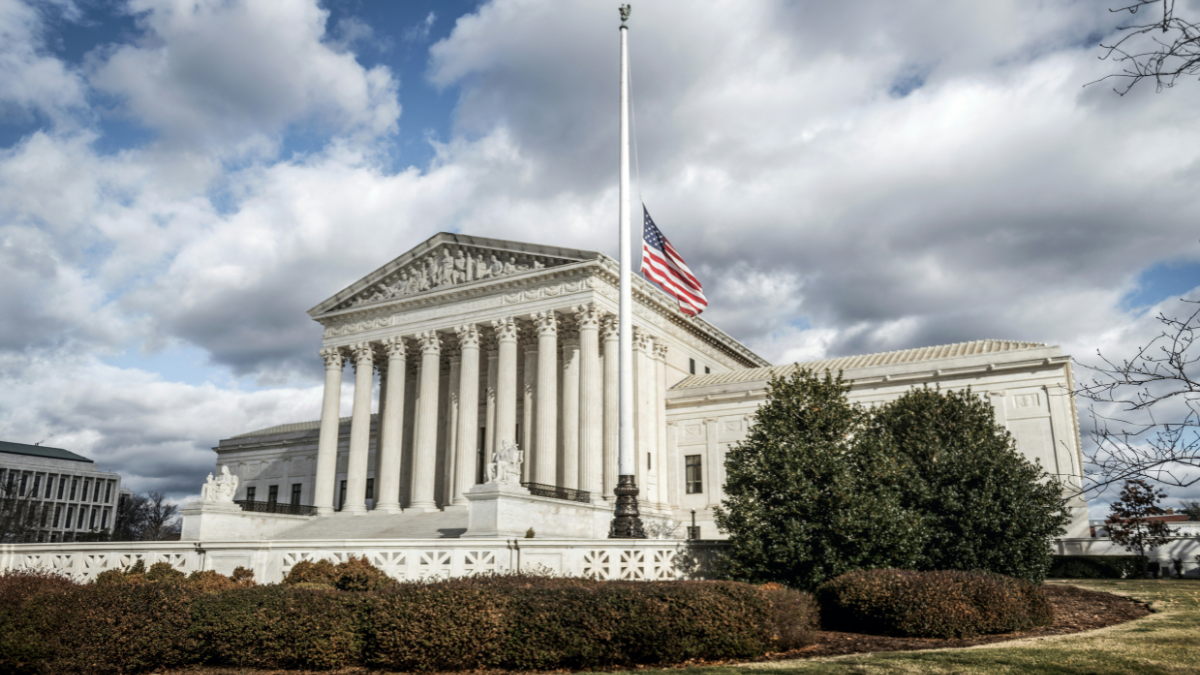Trump tells Supreme Court striking down tariffs would ‘disarm’ him
The Trump governance has warned the Supreme Court that striking down President TrumpS “Liberation day” tariffs would “disarm” him in crucial international trade negotiations. These tariffs, imposed under the International Emergency Economic Powers Act (IEEPA), also target Canada, Mexico, and China over their alleged involvement in the fentanyl crisis.The Justice Department argues that the 1977 law authorizes the president to impose tariffs to address trade deficits and related emergencies. The administration contends that invalidating these tariffs would hinder U.S. foreign policy priorities, expose the country to retaliation, and disrupt measures addressing the fentanyl crisis. Opponents, including companies suing over the tariffs, claim that IEEPA does not grant the president the authority to impose tariffs, emphasizing that taxation and tariffing powers constitutionally belong to Congress. The Supreme Court is set to hear arguments focusing on whether IEEPA grants such power, marking a critically important legal test of Trump’s trade policies.
Trump tells Supreme Court striking down tariffs would ‘disarm’ him on international trade
The Trump administration warned the Supreme Court that if it decides President Donald Trump’s sweeping “Liberation Day” tariffs are unlawful, it will “effectively disarm” him in pivotal international trade talks.
The Justice Department filed its reply brief to the Supreme Court ahead of arguments in a pair of cases challenging Trump’s use of the International Emergency Economic Powers Act to levy his sweeping “Liberation Day” tariffs, along with tariffs aimed at Canada, Mexico, and China over their alleged role in the fentanyl crisis. The administration has maintained that the 1977 law authorizes tariffs to address trade deficits, as Trump declared with his executive orders authorizing the tariffs.
“Plaintiffs seek a ruling from this Court that would effectively disarm the President in the highly competitive arena of international trade, stymie negotiations that reflect the United States’ ‘top foreign policy priorities’ … expose America to the ‘risk of retaliation’ without adequate defenses … and thwart measures to address the fentanyl crisis,” the DOJ argued in its brief.
“Plaintiffs would unwind trade arrangements worth trillions of dollars, as President Trump has leveraged the IEEPA tariffs into negotiated framework deals with major trading partners— including the European Union, the United Kingdom, Japan, South Korea, and now China—that address underlying causes of the declared emergencies,” the brief continues.
One of the major arguments the Trump administration has pushed in defending the legality of the tariffs is the effects striking them down would have on foreign relations and trade. Courts have historically given more deference to the executive branch on matters of foreign policy. The groups calling on the high court to strike down the tariffs have claimed that the IEEPA does not authorize the power the president has invoked to conduct his trade war.
“IEEPA does not give the President such vast unilateral power,” one of the briefs to the high court from the companies suing over the tariffs reads. “Indeed, it does not give the President any taxing or tariffing power. Despite being the ‘most frequently cited emergency authority’ … —invoked 69 times since its enactment in 1977—’no President until now has ever invoked [IEEPA]—or its predecessor [statute]—to impose tariffs.’
“Yet the current President has used IEEPA to impose sweeping tariffs that rewrite U.S. trade laws and reshape the national economy,” the brief continues. “The Framers understood that taxation is a potent power that can destroy the taxed as it fills the sovereign’s coffers. The Constitution vests that extraordinary power exclusively in the branch of government considered most responsive to the citizenry: Congress.”
SUPREME COURT ZEROES IN ON MEANING OF ‘REGULAR FORCES’ IN CHICAGO NATIONAL GUARD CASE
Whether the IEEPA grants the president the power to impose tariffs will be the center of Wednesday’s argument before the justices in the combined cases of Learning Resources v. Trump and Trump v. V.O.S. Selections. The Trump administration lost both cases in different federal district courts and the V.O.S. Selections case at a federal appeals court.
The tariffs case is the first major test of Trump’s agenda on the Supreme Court’s merits docket, after he has overwhelmingly won on the high court’s emergency docket since returning to office in January.
" Conservative News Daily does not always share or support the views and opinions expressed here; they are just those of the writer."



